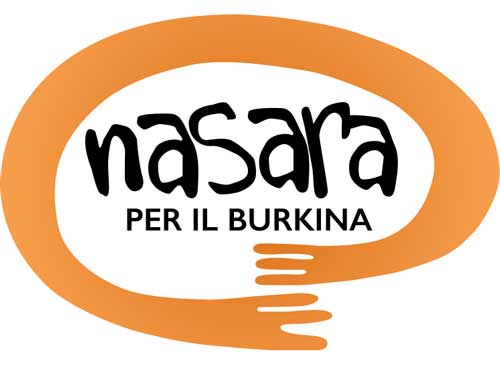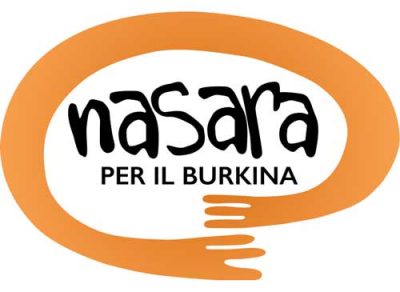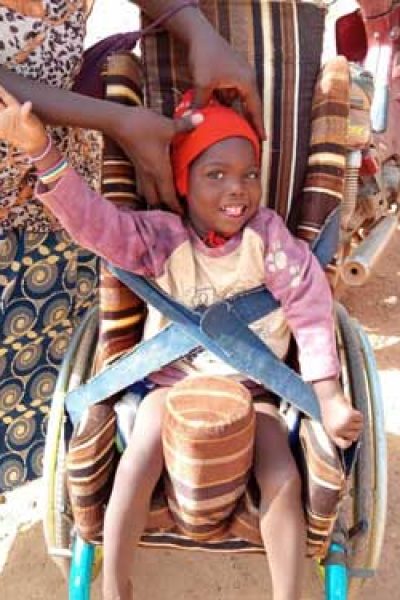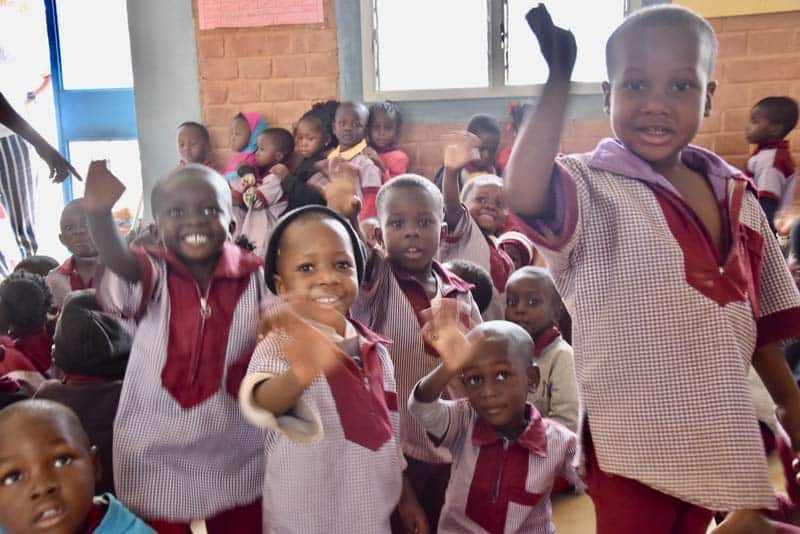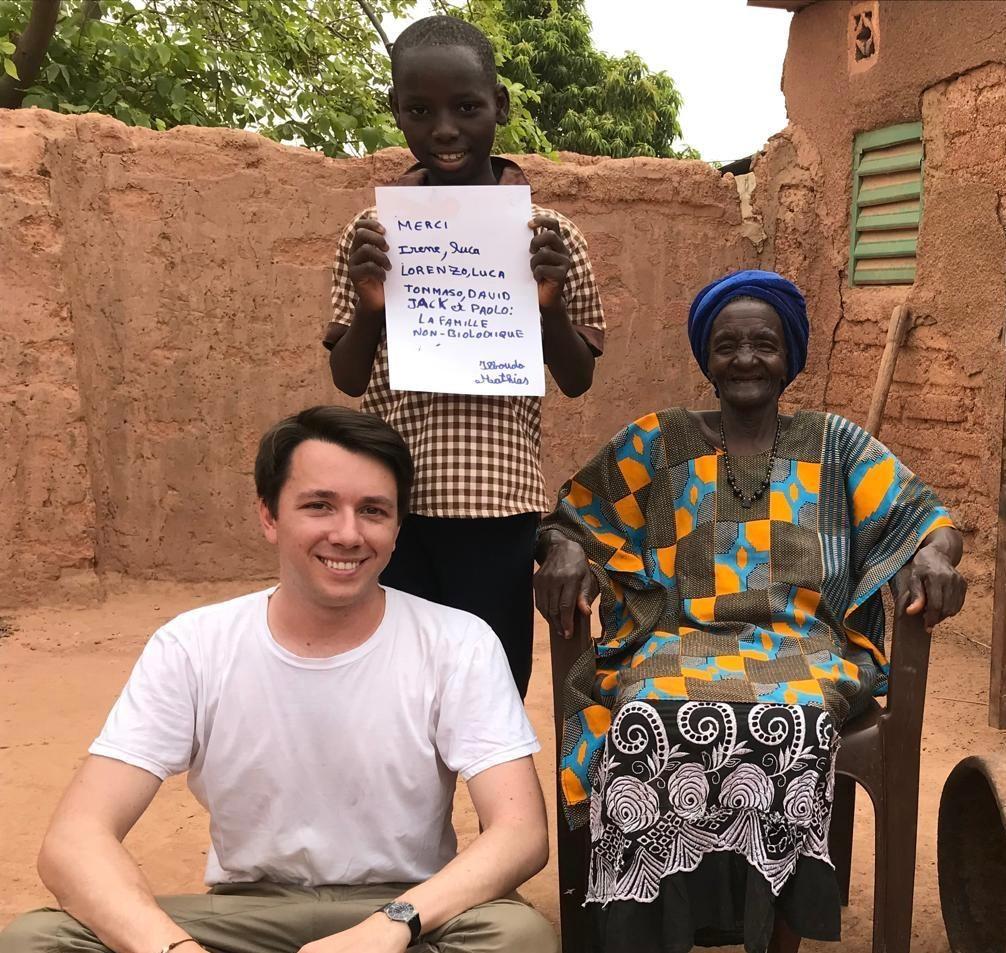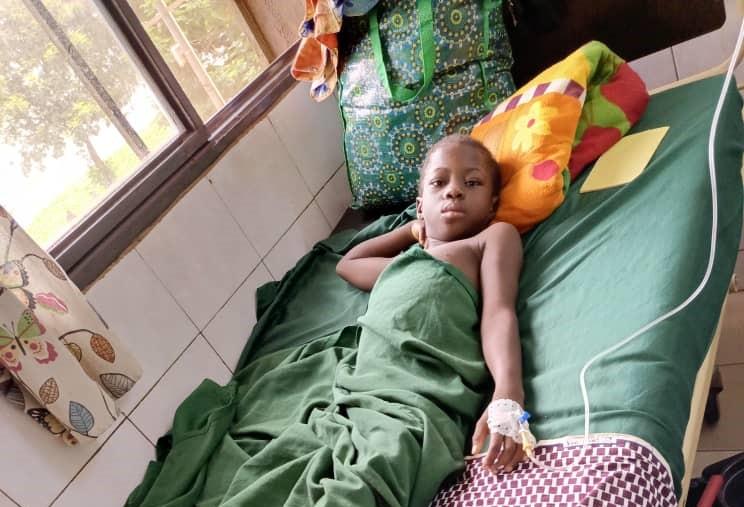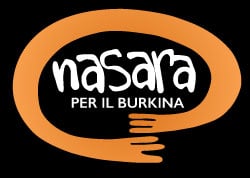In African prisons, the poverty that afflicts much of the continent is most dramatically evident in the living conditions of those held there.
All types of criminals in the country are locked up there indiscriminately: political criminals, common criminals, prostitutes, thieves, murderers, faithless, maniacs, children, mothers with children…
A veritable social dustbin, where even suspects, poor people accused of perhaps a petty theft, are thrown out with some summary form of trial.
The inmates sleep on the floor (the lucky ones have mats), the toilets are few and shabby, the food is inadequate and those without relatives to bring them food go hungry.
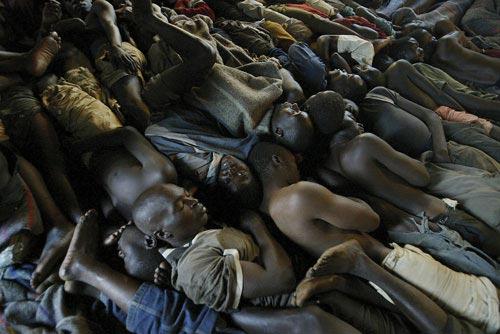
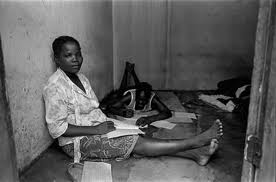
The contact person of the association that provides assistance to prisoners in the capital Ouagadougou tells us that in order to bring food to prisoners who do not receive help from their families, money is never enough. The volunteers are forced to adopt an ironclad rule to avoid fights when distributing the little food. The rule is as simple as it is ruthless: a mathematical ratio between height and weight is used to draw up a list that is followed until, usually very soon, they run out of food to distribute.
Many inmates have no clothes to cover themselves, there is no laundry, and soap is a luxury.
Overpopulation and promiscuity promote the spread of infectious diseases such as cholera, tuberculosis, dysentery and AIDS.
The poor hygienic conditions of prison facilities are inadequate and very often dilapidated, there is a lack of drinking water and toilets, and the food provided to prisoners is scarce.
Psychic and mental equilibrium is threatened by prison life, isolation, lack of work. Often very violent tensions arise between inmates who are forced to live together in precarious conditions.
Many prisoners are in poor health even before they are incarcerated. They often belong to poor and malnourished social strata, who are precluded from medical care.
The causes of imprisonment – such as poverty, drug use, violence, lack of education and lack of legal assistance – foster the marginalisation of prisoners.
Every day, every day in the same condition, without being able to have a bathroom, a moment of privacy, without being able to walk or let your child play.
Prisons need anything: food, some soap, medicine.
Every year our association brings the volunteers working in the prison some money and especially some medicine to distribute; it is certainly little, but the mere fact that someone takes an interest in them allows the inmates to regain some dignity and confidence.
Adopt the project
If you like, you can adopt this project by making a donation to Nasara for Burkina specifying as motivation: Prisoner Assistance Project
Medicines needed
For this project we are looking for medicines to take during the mission planned for November 2011. Mainly broad-spectrum antibiotics are needed, but other medicines are also useful.
